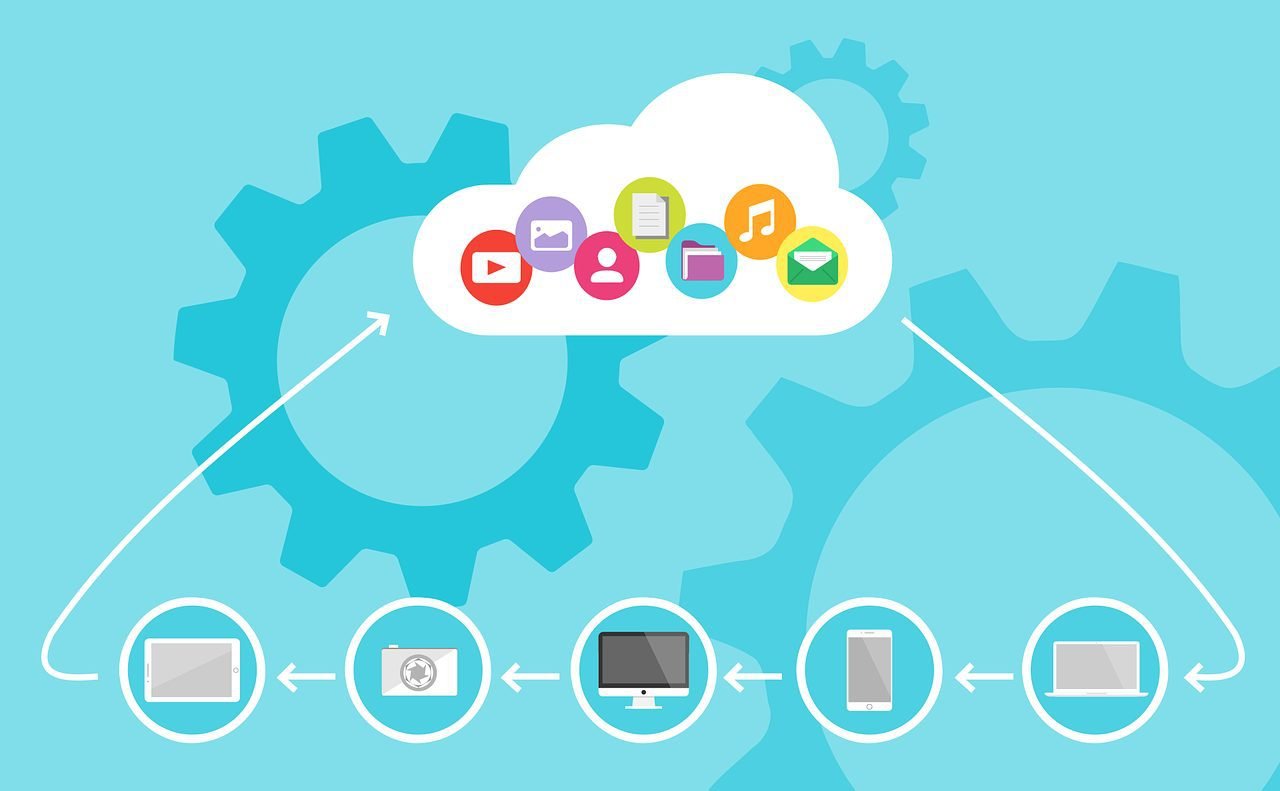Cloud computing has plenty of benefits. Most industries and businesses rely on cloud computing to handle most of their operations. When it comes to e-commerce solutions, native cloud support is a must-have feature.
Cloud services are cheaper and faster compared to other types of storage. In this article, we look at the differences between a cloud e-commerce platform and a self-hosted e-commerce solution.
Self-Hosted E-Commerce Platforms
With self-hosted e-commerce solutions, the business owner buys hosting space from a hosting service provider. Deploying the e-commerce site to a hosting site requires plenty of technical knowledge. Updates on the e-commerce platform also need to be done manually, which can be inconvenient and expensive.
Hosting services rates vary depending on storage used and bandwidth. You can also choose to set up your server and host the e-commerce on-premise. Self-hosted e-commerce platforms give you total control over your data and data security. However, it can be an expensive endeavor as you need more workforce and resources, which will eat into your profit.
Cloud-Native E-Commerce Solutions
A cloud e-commerce platform has native cloud support, meaning that hosting services are provided through Azure, IBM cloud, or Amazon Web Services (AWS) solutions. Virto Commerce is integrated with Azure.
The cloud service provider manages the uptime for the e-commerce platform. Updates and security patches are also implemented automatically. Cloud services are cheaper compared to self-hosted platforms. Also, you do not need to buy any servers.
Key Features of a Cloud E-Commerce Platform
Customer experience is very important when it comes to online e-commerce solutions. Whenever you’re looking for an e-commerce solution, we recommend going for a headless platform. Headless platforms come with plenty of features and have less code, making deployment and management very easy.
Ensure that the e-commerce platform has support for third-party APIs. Compatibility with various APIs and frameworks ensures that you can leverage new features as they appear in the market. APIs are secure, faster, and lightweight compared to plugins.
As mentioned earlier, cloud-native support is a plus as it will make deployment more straightforward and cheaper. A cloud e-commerce platform with integrated cloud services means that you will not have to spend on a hosting provider or build an on-premise server.
Also, make sure the platform is mobile-friendly. Nowadays, many internet users access online services using their smartphones. With a headless e-commerce solution, you can develop a smartphone app through your RESTful frameworks.
Bottom Line
Cloud e-commerce platforms are changing the digital marketplace. Many people spend their time on the internet, and businesses reach out to more clients through online shopping spaces. All e-commerce solutions have various pros and cons.
When looking for an e-commerce solution, you need to consider a couple of things. Other than budget, you need to consider customer experience, cloud support, and compatibility with third-party APIs. Ensure that the platform has a good customer support team that will help you with any challenges.
A cloud e-commerce platform offers the best and cheapest solution for SMEs exploring the online marketplace. Most cloud e-commerce platforms have native cloud support, which makes deployment easy.



Leave a Reply